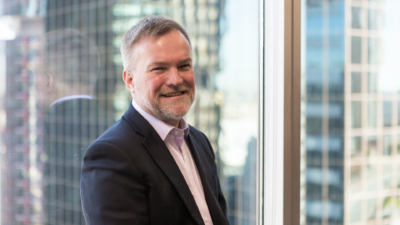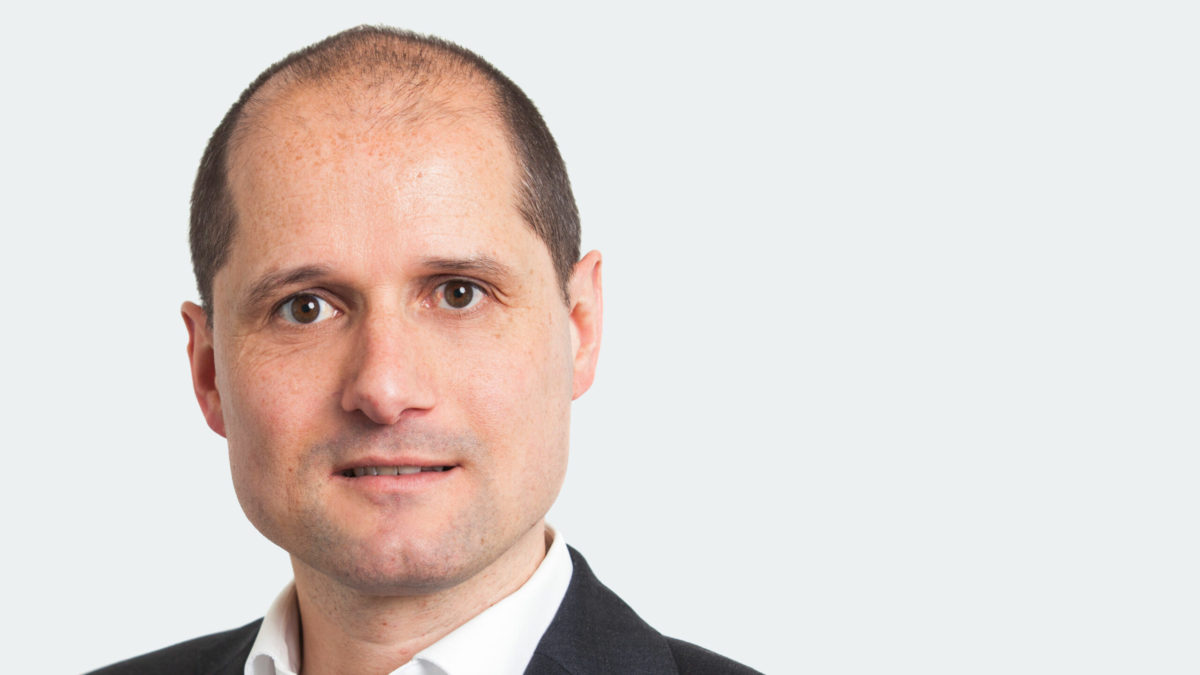Robeco takes contrarian view of credit
While the consensus view of credit markets is that investors should be long, at least one credit manager, Maurice Meijers of Robeco Asset Management, takes the other side.
In the global equity and fixed income manager’s quarterly outlook delivered last week (April 22), Meijers, the chief executive of the firm’s Singapore business and a fixed income portfolio manager, said: “Valuations are not attractive; nothing is cheap.”
He said that Robeco was remaining cautious on high yield debt and was moving to underweight investment grade. There were some opportunities still in emerging markets, however, it was all from a more cautious stance. “Always with credit, it’s where you do not invest that’s more important than where you do,” he said.
Of course, Robeco is not only a credit manager. The firm has about A$280 billion under management (as at December 2020) across equities and fixed income, of which about $18 billion is sourced from Australia, Stephen Dennis, the Australian and New Zealand managing director told the online briefing.

He said that there had been considerable growth in credit, with Robeco managing about A$65 billion globally. The firm has had a long involvement with ESG strategies, the principles of which are integrated across its range. It also has specialist funds, the latest being two SDG funds (for the UN’s Sustainable Development Goals), one for credit and one for fixed income, and two Paris-aligned climate funds, as well as a green bond fund.
An Australian-domiciled unit trust was launched in December for the SDG credit income strategy, Dennis said.
Meijers said that the “sustainability angle” had been very important over the past two quarters. For Robeco, ESG played an important role in stock picking.
He said that credit spreads were still grinding tighter and were at all-time lows, although people were worried about inflation and, if you looked at the financial markets, they were at all-time highs. “How do you explain that?” he said.
“With the stimulus package in the US, their risking running the economy too hot. With fundamentals, the recovery is spreading across more parts of the economy. For the US, we can expect bumper growth over the next couple of quarters.”
But valuations were more of a concern, he said, particularly for credit. “Because spreads are so narrow there is less room on the upside. And with technical, we need to prepare ourselves for a tapering or end game.”











